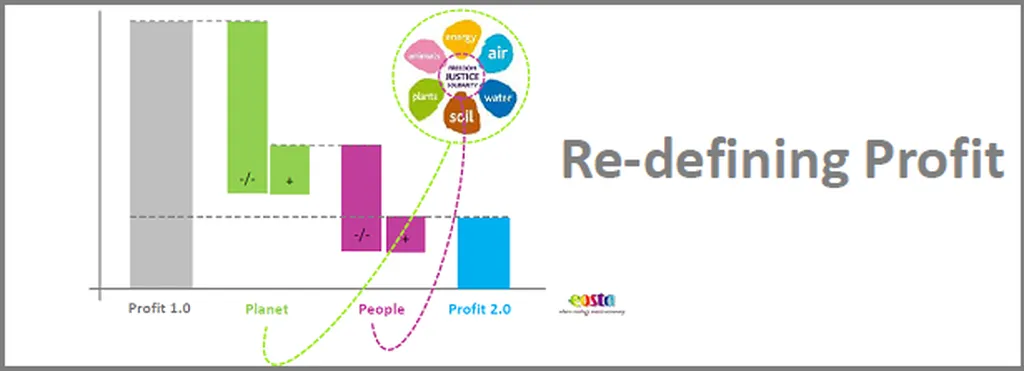In the heart of the Netherlands, at Wageningen Social & Economic Research, a team of researchers led by W. Baltussen is challenging the way we think about the true cost of our food, particularly when it comes to livestock agri-food systems. Their work, recently published in the journal ‘Animal’ (which translates to ‘Animal Production Science’ in English), introduces a transformative approach known as True Cost Accounting (TCA). This method aims to reveal the hidden externalities—both positive and negative—that permeate our food production and consumption processes, affecting natural, social, human, and economic capital.
The debate surrounding the sustainability of our food systems is far from new, but Baltussen and his team are offering a fresh perspective. “Numerous research and policy initiatives focus on transforming the food system to make it more sustainable,” Baltussen explains. “The method of True Cost Accounting (TCA) can reveal positive and negative externalities for natural, social, human, and economic capital in food production and consumption. Insight into and internalisation of these externalities in decision-making can contribute to making food systems more sustainable.”
At its core, TCA is based on environmental and social life-cycle assessments, which means it inherits some of their inherent challenges. Monetising the impact of these externalities is a complex task, further complicated by practical issues such as data availability. However, the potential benefits are substantial. By internalising these externalities, decision-makers can gain a more comprehensive understanding of the true value of livestock agri-food systems, leading to more sustainable and informed choices.
The research agenda proposed by Baltussen and his team calls for a harmonised TCA approach, developed by an interdisciplinary team of researchers. This collaborative effort aims to address the methodological and practical challenges head-on, ultimately providing a more accurate and holistic view of the true cost of our food.
The implications of this research extend far beyond the agricultural sector. For the energy sector, understanding the true cost of food production can inform more sustainable energy policies and practices. As the world grapples with the dual challenges of food security and climate change, the insights provided by TCA could be instrumental in shaping a more sustainable future.
In the words of Baltussen, “We recommend working towards a harmonised TCA approach with an interdisciplinary team of researchers to assess the true value of livestock agri-food systems.” This call to action underscores the importance of collaboration and innovation in addressing the complex challenges facing our food systems.
As we look to the future, the work of Baltussen and his team offers a promising path forward. By embracing the principles of True Cost Accounting, we can move towards a more sustainable and equitable food system, one that truly reflects the value of our natural, social, human, and economic capital. The journey is complex, but the potential rewards are immense, making this research a beacon of hope in the ongoing quest for sustainability.

